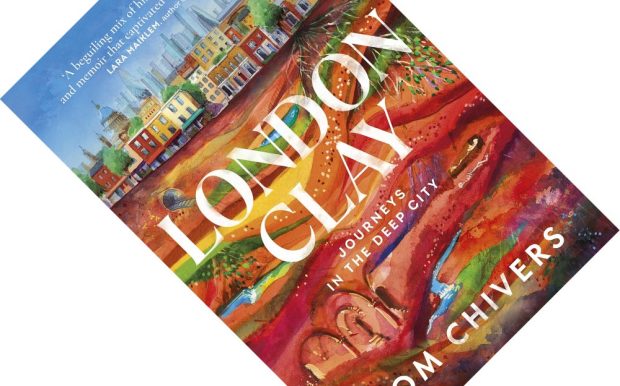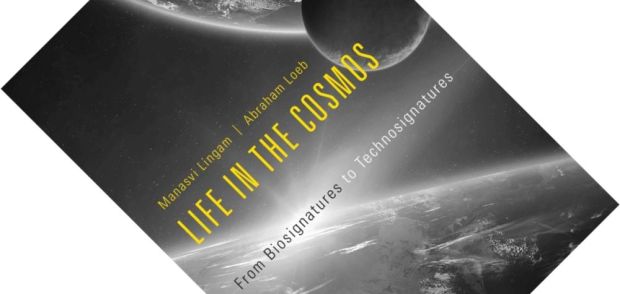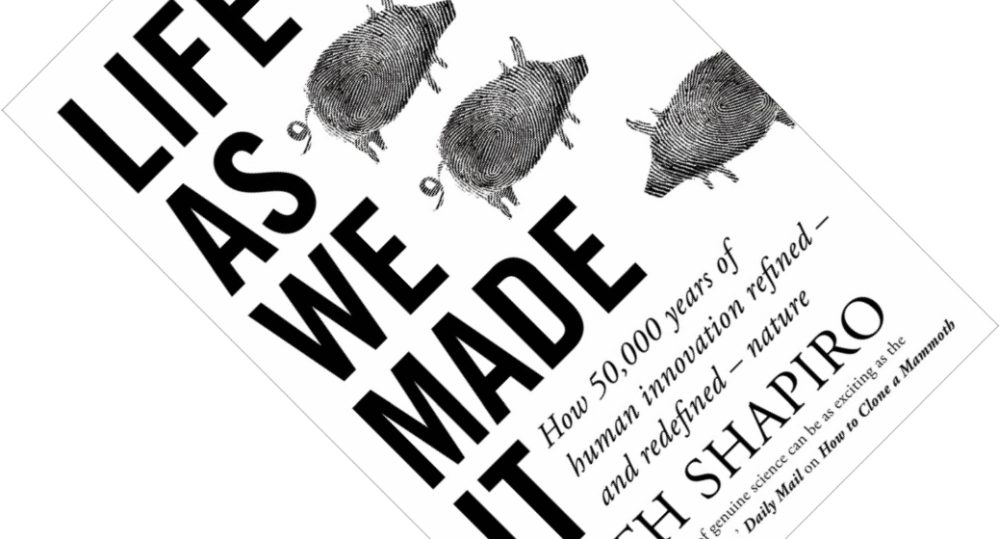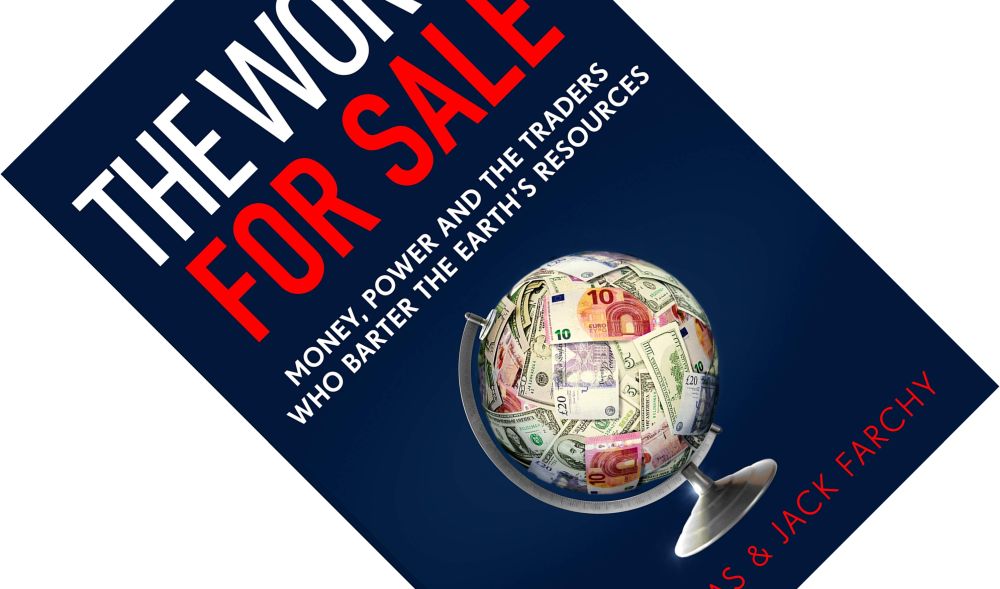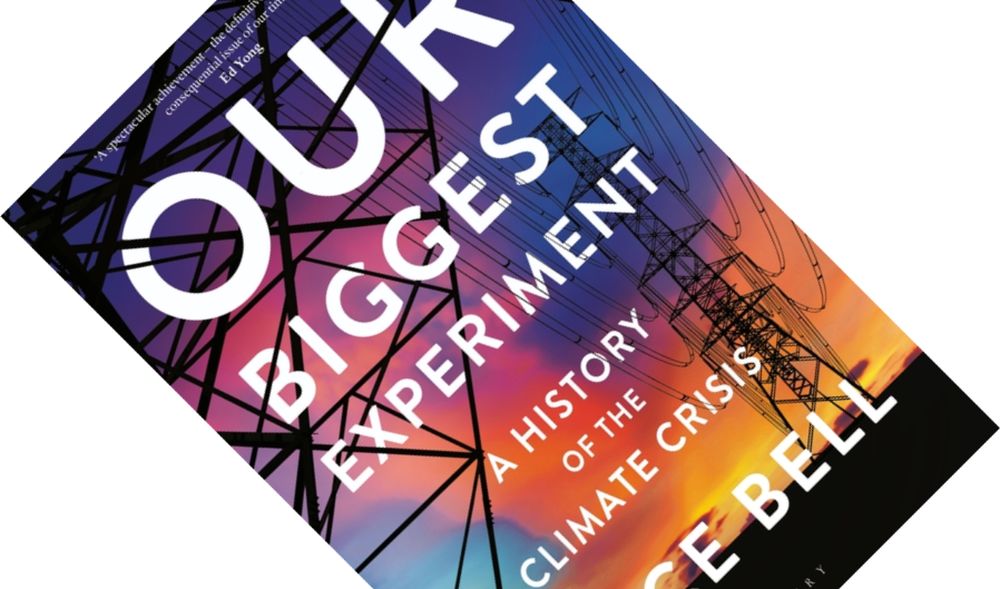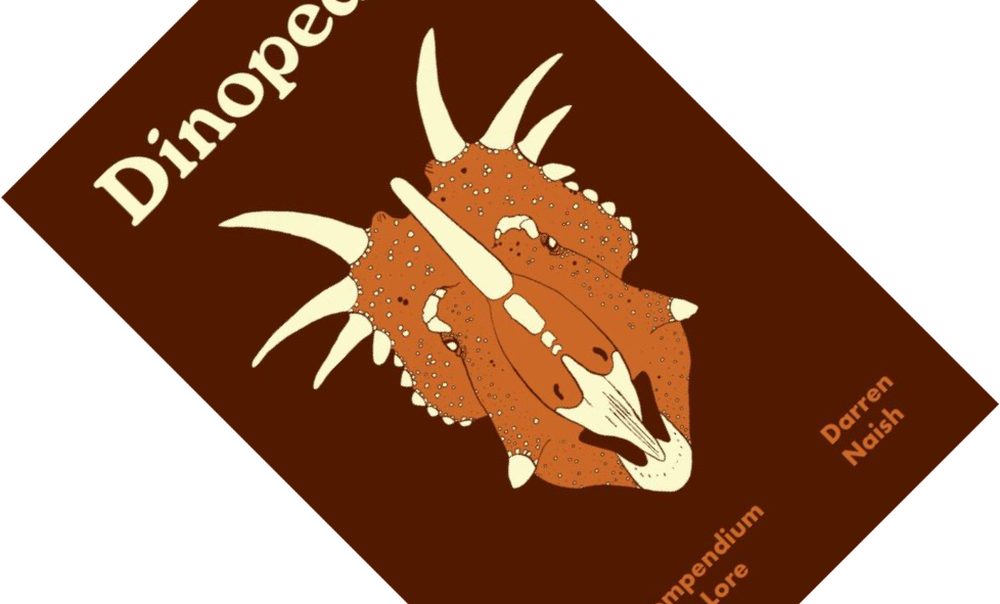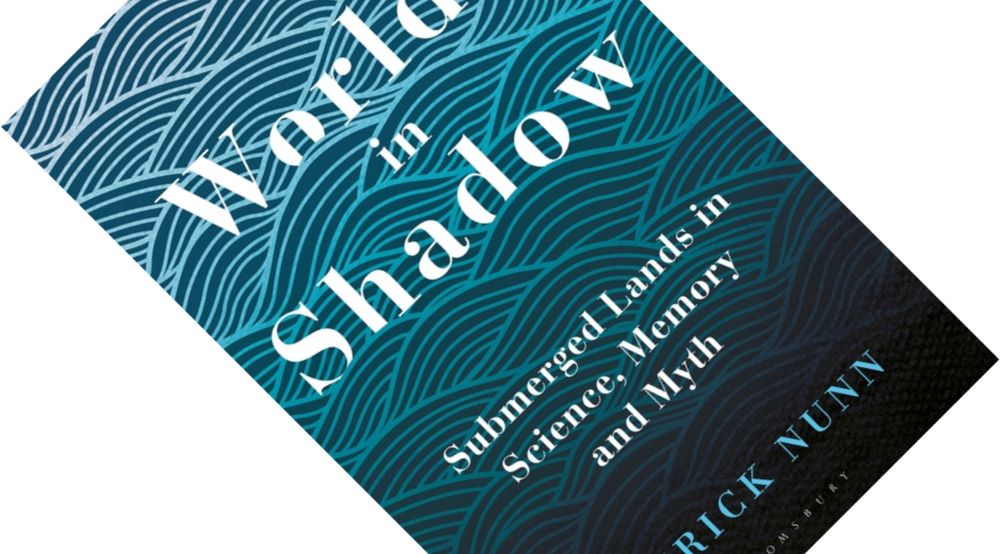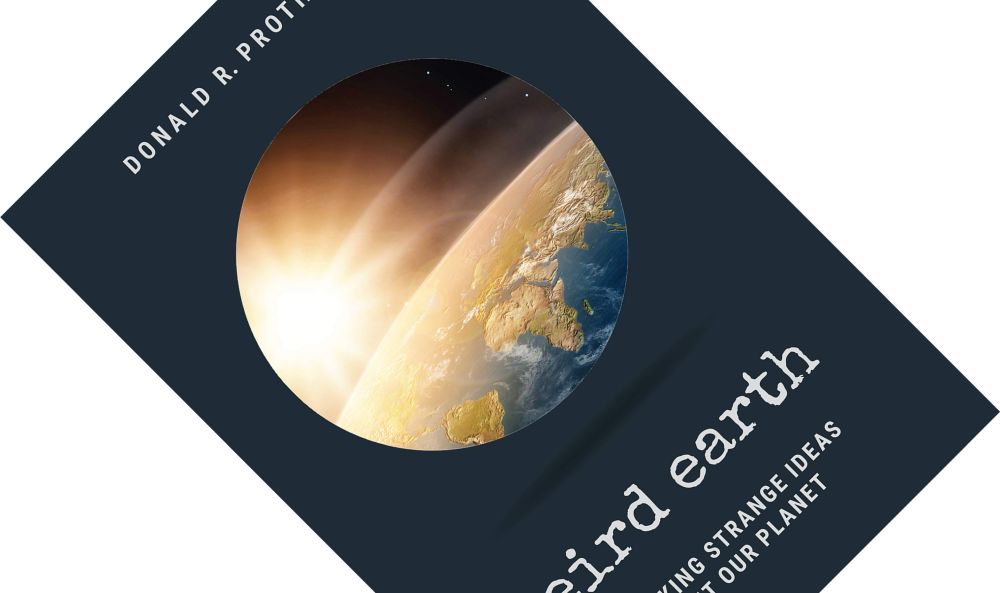6-minute read
keywords: archeology, earth sciences, geography
We walk on layered history. The ground beneath our feet is shot through with traces of our past, some in plain sight, many buried and badly eroded. Writer and artist Tom Chivers will concur that nowhere is this more true than in cities. London Clay is the result of a decade of exploration on foot, tracing vanished rivers, lost islands, and geological strata hiding under the concrete bedlam of modern London. The city’s untidy edges, its brownfields and derelict buildings, the very lay of the land—in Chivers’s hands all of these become cracks through which the past oozes back in. An unlikely chimaera of nature writing and urban exploration, this lyrical book offers a fresh way of looking at the built environment.

